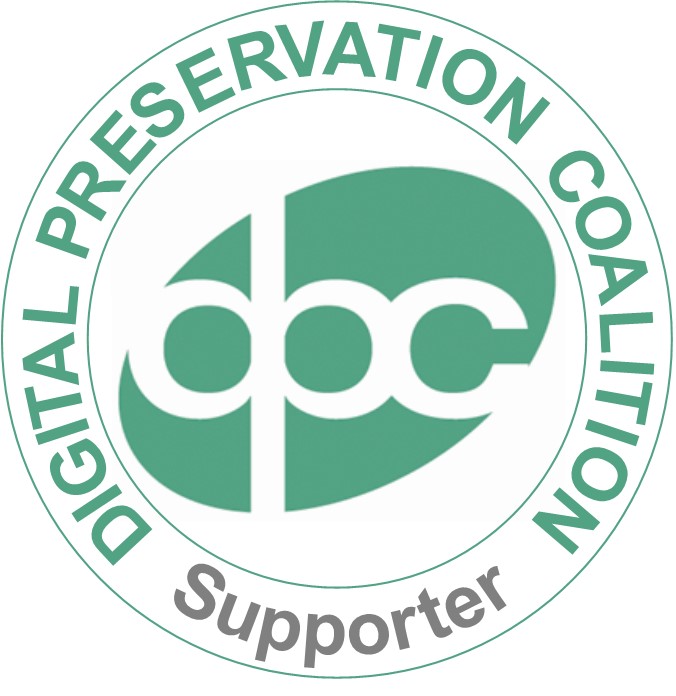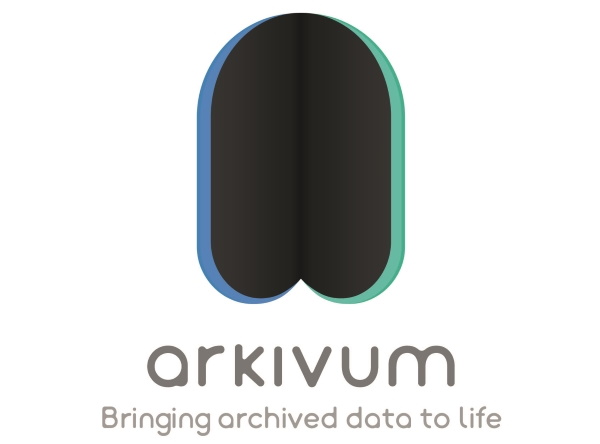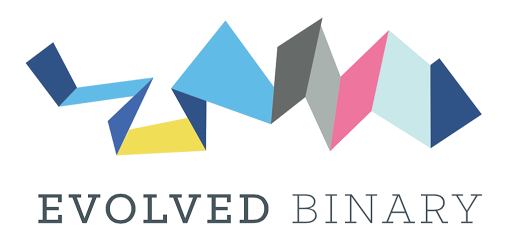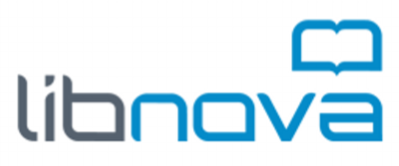Reports to Council
The DPC Representative Council receives a report every three months that describes all our major activities in the previous three months, and previews work in the coming three months. This report is structured around the 5 objectives of the DPC's Strategic Plan:
-
Community
-
Advocacy
-
Workforce
-
Good Practice and Standards
-
Accountability, Sustainability and Dynamism
Reports for each area are scrutinized by a Sub-Committee of the Board before they reach the Council where they are a prompt for discussion and a record of progress. These reports, and the scrutiny that they undergo meet two requirements of the DPC’s values: that we are ‘transparent in all our dealings’ and that we ‘respond to the needs of members in the delivery of services’.
Click to access reports below
-
March 2024 (DPCRC0324C)
-
December 2023 (DPCRC1223C)
-
September 2023 (DPCRC0923C)
-
June 2023 (DPCRC0623C)
-
April 2023 (DPCRC0403D)
-
December 2022 (DPCRC1222C) and iPres 2022 Report (DPCRC1222D)
-
September 2022 (DPCRC0922F)
-
June 2022 (DPCRC0622C)
-
March 2022 (DPCRC0322C)
-
December 2021 (DPCRC1221C)
-
September 2021 (DPCRC0921D)
Click to access draft meeting minutes below
-
December 2023 (DRAFT)
-
September 2023 (DRAFT)
-
June 2023 (DRAFT)
-
April 2023 (DRAFT)
Sub-Committees (March 2024)
Advocacy and Community Engagement
|
Management and Governance
|
Good Practice
|
Workforce Development
|
Australasia and Asia Pacific Sub-Committee
|
Role Profile for Sub-Committee Members
Role Purpose:
To represent the needs and expectations of the digital preservation community to the DPC staff and Executive Board, guiding our activities with respect to one or more strategic objectives.
Statutory duties:
-
To act within the Sub-Committee Terms of Reference provided by the Executive Board.
-
To help the DPC pursue the objectives defined in governing documents, policies, and the strategic plan.
Other duties and key tasks:
-
To ensure the DPC’s workplans are relevant to the needs of the digital preservation community, especially our members.
-
To ensure DPC remains accountable and transparent in every aspect of our workplan.
-
To use skills, knowledge and experience to offer sound advice.
-
Occasional participation in meetings including away days, members’, and planning meetings.
-
Review applications and proposals which may be confidential.
-
To be an active contributor helping to refine goals, setting targets and monitoring performance.
-
To be an advocate and champion for the DPC.
-
To sit on working parties or task groups as appropriate.
-
To be bound by collective decisions.
-
To acknowledge and adopt the values and policies of the DPC.
Person specification:
-
A commitment to the DPC and its work.
-
A willingness and ability to devote the necessary time and effort.
-
Insight into the challenges of digital preservation faced by a DPC member.
-
An ability to recognize digital preservation challenges that arise in different contexts.
-
An ability to think creatively within a team.
-
A willingness to contribute whilst maintaining respect for others and their views.
Commitment:
The role requires an estimated voluntary commitment of around 8 hours of meetings and 4-8 hours of preparation and correspondence per year depending on the range of activities undertaken.
Policies
As described in the Strategic Plan 2022-27 , "The DPC’s vision correlates closely to the UN Sustainable Development Goals of ‘a better and more sustainable future for all people and the world by 2030’. We have explicitly mapped our values and objectives to these goals, both in what we do and the leadership we seek to provide. The DPC will act on its values and be transparent with respect to how they have been implemented." To enable us to meet these goals, the DPC maintains necessary policy documents, clearly and openly stating the organisation's commitment to issues such as privacy, inclusion and diversity. Those policy documents can be found below.
Climate Action Plan
This document is the first full draft of the DPC’s Climate Action Plan. It draws together different strands of our work into a single document. Climate impacts are ubiquitous across the DPC’s program and could therefore be overlooked and become opaque. We therefore seek to bring these together into a unified structure of reporting and oversight which will enable greater transparency and promote continuous quality improvement
Inclusion and Diversity Policy
The DPC is committed to encouraging diversity in the digital preservation community and to ensuring an inclusive experience for all those who engage with the issues we work to address. The 'Inclusion and Diversity' sets out the steps the DPC will take to encourage diversity and inclusion in the digital preservation community. Our website has been accessibility audited and we are constantly working to improve accessibility to the activities and resources we offer.
Privacy Policy
The 'Privacy Policy' offers transparency about how personal data will be handled by the DPC, in compliance with GDPR.
Translations Policy
DPC resources are predominantly in English although they are of universal relevance. The translation of DPC material into other languages is therefore a vital way of supporting the digital preservation community across the world, and a key part of the DPC’s internationalization strategy. The Translations Policy describes the essential practices and processes for the provision of translations. It accompanies the DPC’s Translations Strategy that sets out the DPC’s plans for identifying, translating and making available a set of DPC resources in different languages. The purpose of this policy is to describe the essential practices and processes for the provision of translations.
Discover DPC resources in other languages other than English
Apply for Supporter Status
The DPC's Supporter Program is designed to facilitate better and more meaningful communication between members and solution providers on ‘neutral’ ground, and in a way that all parties work more closely, effectively and harmoniously.
The DPC’s Board recognises the need for an environment where Supporters and members can collaborate and learn from each other. Vendors and solution providers already contribute much needed commercial perspectives into the DPC’s discussions on an ad hoc basis, and Supporter status provides further insight into the requirements of our members.
Costs and Benefits of Supporter Status
Supporters are asked to commit to three years’ sponsorship but may pay annually. Organisations taking up this status within the first 12 months will be eligible for an Introductory Offer as follows:
|
Supporter contribution |
Term |
Benefits |
|
£5,000* |
12 months |
Supporters will be:
|
*From August 2023, the DPC Supporter Program is accessible to agencies of all types and sizes on an equitable basis. Therefore:
-
Larger agencies, such as global technology companies, conglomerates and groups, with more than 250 employees or with a listing on relevant stock market indices will be invited to participate but with a surcharge which recognises the size of the company.
-
Sole traders, micro-agencies which operate on a charitable basis, and companies who offer purely open-source solutions, may apply for a discount which ensures they are able to participate equitably.
-
New entrants into the digital preservation market, whether new or existing agencies, with products or services relevant to the digital preservation community may apply for a discount on a trial basis provided they can meet the other requirements.
Funds raised by DPC Supporters will be used in first instance to support grants to members for training and staff development as well as the Annual Student conference, to subsidise training workshops or to sponsor DPC membership for charities and not-for-profits.
Eligibility
The DPC Supporter program is open to organizations which have established relationships with the digital preservation community. We seek recommendations from our members about providers of digital preservation services, solutions, tools or consultancy whose values are aligned with those of the DPC. Applications for DPC Supporter status will be subject to review by the DPC Board, drawn from its members and prospective supporters will be asked for business information to ensure the fee matches the size and nature of their company.
Conditions of Support
Supporters are asked to abide by the following values and principles in their dealings with the DPC and its members.
Supporters should:
-
Not claim their relationship with the DPC represents any kind of endorsement
-
Not abuse attendance of events for commercial gain
-
Recognise the need for DPC members to discuss and debate in confidence without commercial influence
-
Respect that DPC governance, planning, budgeting or editorial processes is reserved for Full and Associate Members, except by invitation
Supporters breaching these principles may have their status withdrawn with no refund of fees provided.
Application for Supporter Status
To apply send a completed Application Form to the DPC Business Manager for assessment and approval by the DPC Board. Upon approval by the Board, the DPC will issue the relevant documentation and materials for completion.
Supporter status is subject to ongoing assessment by the DPC Board, and a review every 12 months.
Credits and acknowledgements
Images used in a number of our page headings have been produced by digitalbevaring.dk and Jørgen Stamp. These are copyright of digitalbevaring.dk and shared under a CC BY 2.5 Denmark licence (illustrations) https://creativecommons.org/licenses/by/2.5/dk/deed.en_GB , and a CC0 1.0 licence (icons) https://creativecommons.org/about/cc0.
Criteria and Fees
2023-2024
Class |
Eligibility |
Membership Contribution |
|
Full Member |
Offered to all prospective members who in addition to criteria for associate membership can also demonstrate:
|
For applications received after 1st August 2023:
Fees payable in the first year are pro-rata from 1st August - 31st July and remain fixed for the duration of a 3-year membership. 1-year memberships will incur a 10% surcharge. |
|
Associate Member |
Offered to organisations who:
|
For application received after 1st August 2023:
Fees payable in the first year are pro-rata from 1st Aug-31st July and remain fixed for the duration of a 3 year membership. 1-year memberships will incur a 10% surcharge. |
|
DPC Supporter |
Offered to organisations who:
|
|
|
Allied Organisation |
Offered to organisations who:
|
By invitation only
|
The Board decides on all applications for membership and retains the discretion to refuse membership to any applicant. Membership fees are reviewed annually by the Board and are payable in advance for each year to 31 July.
Full and Associate Membership
Full Members are able to set the direction of the coalition by appointing a representative to the board and are invited to develop a shared workplan with the coalition. Their staff and officers participate in all Coalition activities and have privileged access to Coalition publications.
Associate Members have full voting rights at the DPC Annual General Meeting and their staff and officers are invited to participate in all Coalition activities and have privileged access to publications.
- Apply for Full or Associate Membership
- Meet our Full and Associate Members
Meet our Supporters
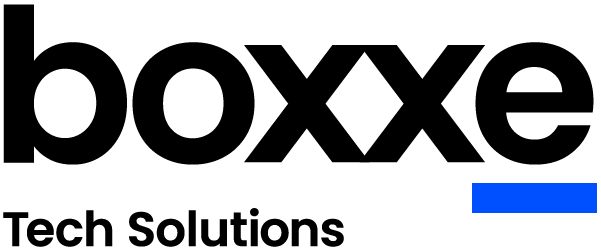 |
||
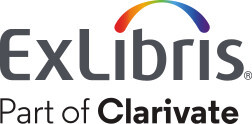 |
 |
|
|
|
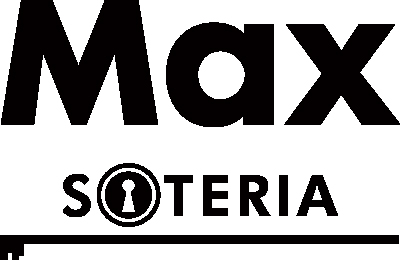 |
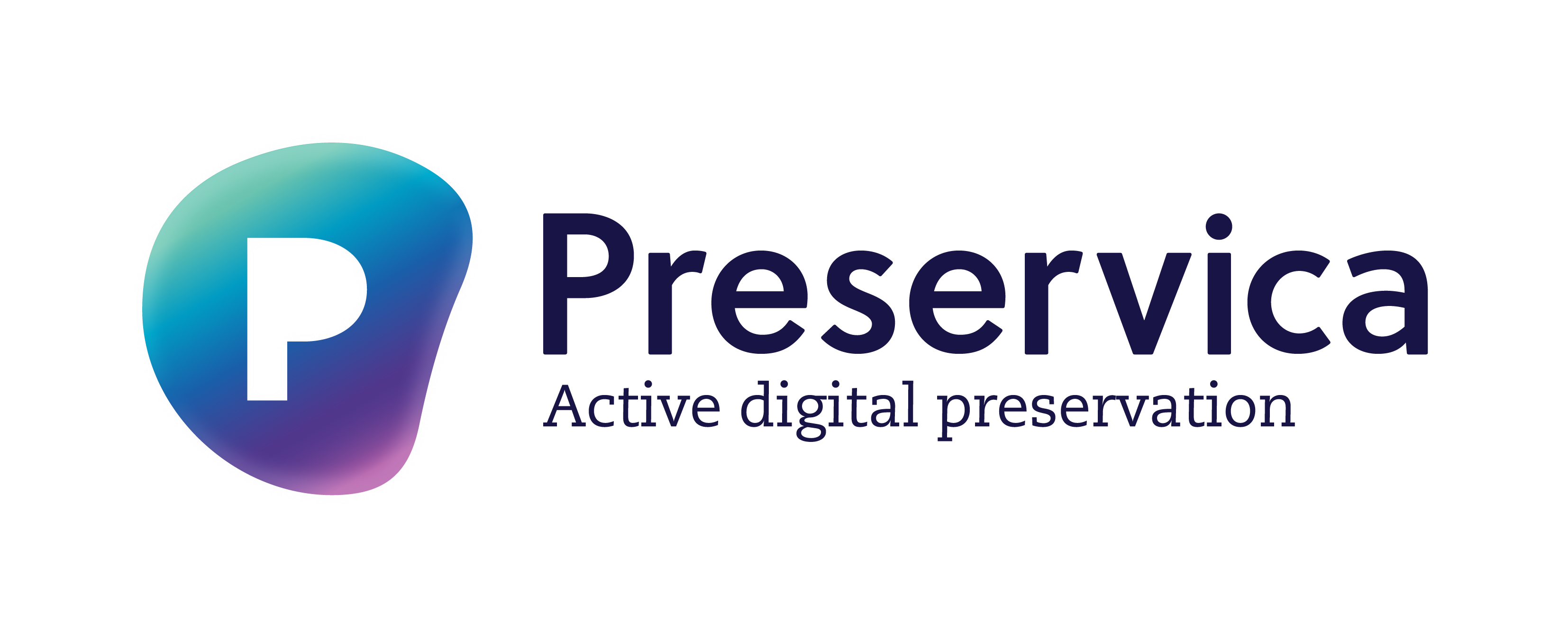 |
|
|
 |
Any commercial organisation may apply for Supporter status and in return will be invited to participate in and extend the activities of the Coalition, with full acknowledgement of their support provided on the DPC website and in relevant publications. Supporters will also have early access to draft outlines of DPC Technology Watch Reports and other published output, invitation to an annual trade fair and horizon scanning meeting with DPC members, as well as the opportunity to showcase products and services through webinars and relevant briefing days.
Find out how your organisation can support the DPC and apply for Supporter status
Allied Organisations / Honorary Personal Members
Allied Organisations are organisations who collaborate with the Coalition on specific activities and goals and participate by invitation in selected activities. They can include individual commercial organisations who work with the Coalition to promote a dialogue with industry on digital preservation issues, and developing solutions and standards, or other national and international organisations.
Partnership with an allied organisation may be for a finite period of time and/or for specific activities as agreed between the Coalition and the allied organisation. Where appropriate it may be open-ended and termination of partnership would be by six months' written notice on either side. Allied organisations may be expected to contribute agreed levels of funding and/or staff resources for shared activities and/or access to Coalition events or resources. Depending on the nature of the partnership, this may involve the payment of a subscription. The level of subscription, where applicable, will be determined by the Board of Directors.
We also maintain a category of honorary personal membership. Personal members are partners and friends who are not eligible for membership. They are invited by the Board to collaborate with us as Allied organisations or personal members, and include DPC-alike organisations operating on other domains or consultants working with the Coalition to promote solutions and standards. Review of honorary personal membership follows the same DPC year (1st August to 31st July) and is renewed automatically annually unless written notice is given on either side.
Meet our Allied Organisations:
-
International Council on Archives (ICA): see Friendship Agreement with ICA
-
The Inter-University Consortium for Political and Social Research (ICPSR)
-
Netwerk Digitaal Erfgoed (DHN): see Friendship Agreement with DHN
Benefits of membership
Benefits |
Full Member |
Associate Member |
DPC Supporter |
Allied Organization |
|
Eligible for membership of the DPC representative Council and for nominations to the Executive Board |
✔ | ✘ | ✘ | ✘ |
|
Alignment of our strategy and work plan with your organizational requirements |
✔ |
✘ |
✘ | ✘ |
|
Ability to commission DPC’s specialist program of work, activities and live events such as: publications, workshops, conferences and Briefing Days |
✔ |
✘ |
✘ | ✘ |
|
Direct support from DPC subject specialists (max 5 days per annum) |
✔ |
✘ |
✘ | ✘ |
|
Ability to set budgets and subscription rates |
✔ |
✘ |
✘ | ✘ |
|
Establishment of and participation in cross-sector task forces and working groups |
✔ |
By invitation |
By invitation |
✘ |
|
Participation in Members Unconference and Networking Events in locations around the world |
✔ | ✔ | ✘ | ✘ |
|
5 places per event |
1 place per event |
1 place per event |
By invitation |
|
|
✔ |
✔ |
✔ | ✔ | |
|
Contact with a dedicated DPC staff member through the DPC Champions Program |
✔ | ✔ | ✘ | ✘ |
|
Access to Partnership and Sustainability Program to support DPC Membership |
✔ |
✔ |
✘ | ✘ |
|
✔ |
✔ |
✘ | ✘ | |
|
Priority Access to online training including Novice to Know-How |
✔ |
✔ |
✔ | ✘ |
|
On-site training with our in-house digital preservation experts |
✔ |
✔ |
✘ | ✘ |
|
Support in maturity modelling, benchmarking against fellow Members’ and organizational development using the DPC’s Rapid Assessment Model (RAM) |
✔ |
✔ |
✘ | ✘ |
|
Priority access to DPC resources including: draft Technology Watch Reports and Guidance Notes, recordings from live events and webinars |
✔ |
✔ |
✔ | ✘ |
|
✔ |
✔ |
✔ | ✘ | |
|
Membership of DPC Sub-Committees to oversee and develop our program |
✔ |
✔ |
✘ | ✘ |
|
✔ |
✔ |
✔ | ✔ | |
|
Eligibility to contribute entries to the BitList of Digitally Endangered Species |
✔ |
✔ |
By invitation |
By invitation |
|
Eligibility for joint applications to funding bodies |
✔ |
✔ |
By invitation |
By invitation |
|
Participation in specialist projects and initiatives |
Priority |
As available |
By invitation |
By invitation |































































































































